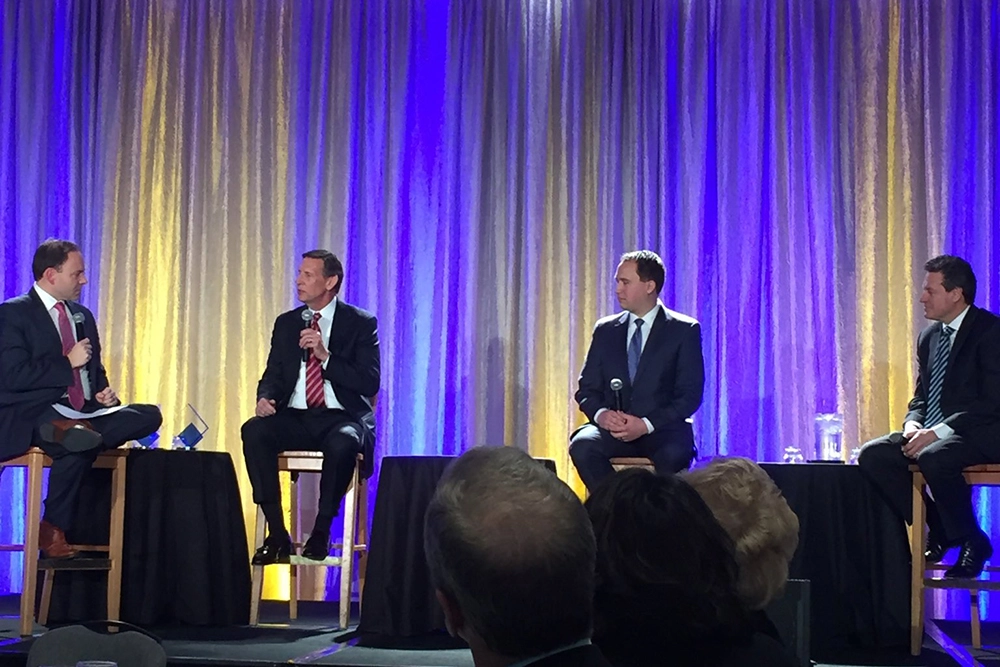Opus Receives Minnesota Honored Company Award
The Keystone Honored Company recognizes extraordinary giving and impact in the community.

From our very beginning, Opus has valued stewardship and giving back to the community. In addition to many other philanthropic activities, our founder Gerry Rauenhorst was a founding member of the Minnesota Keystone Program, which recognizes and honors companies that donate at least 2% of their pre-tax earnings to the community. Along with our prior entities, we've been a member since the founding of the program in 1976.
We have continued to uphold our original value of stewardship with a variety of philanthropic initiatives, including the Opus Foundation, Founder's Day, United Way campaigns, the Opus Volunteer Council and more. For these commitments, we've been named a 2017 Minnesota Keystone Honored Company in the medium category! This honor recognizes us for doing "something extraordinary to make a difference within [our] community."
The significance of the award was underscored by Carolyn Roby, an Opus Foundation board member, former Wells Fargo Community Relations and Foundations employee and longtime Twin Cities foundation and philanthropic leader, when she said, "CONGRATULATIONS to the whole Opus team! Being selected for a Keystone Honored Company award is no small feat. Not only do you need to provide evidence that you meet the charitable contribution calculation, but community leadership and strong volunteerism are critical components of the equation as well. The Opus team has stepped up to these challenges and should be so proud of this recognition."
Tim Murnane, president & CEO of Opus Holding, L.L.C., represented us during an onstage interview conducted by Jason DeRusha, co-anchor of WCCO This Morning. Below are thoughts Tim shared on our commitment to stewardship.
Jason: Your company's founder Gerry Rauenhorst began giving back the day he signed his first construction contract. That legacy of giving is entrenched in your companies' philosophy. The Opus Foundation has granted millions of dollars to nonprofits and your employees volunteer in every market at an amazing rate. Leadership certainly sets the tone for your organization. How are your organization's leaders maintaining this tradition of community stewardship?
Tim: Building community is what we do – both through what we do and how we do it. Our leaders are passionate about continuing the legacy of stewardship started by our founder. Stewardship is one of our five core values. While our leadership team lives this value, leadership of community stewardship comes from within our entire team, regardless of role, title or position. Our associates are very active supporting the communities in which we live and work and consistently demonstrate our commitment to building community in many ways.
Jason: The nonprofit community partners in these videos commented on the benefits of your philanthropic support. Let's hear the other side of the story. What affect do these relationships have on your businesses and employees? Does it benefit your brand? Encourage a deeper understanding about the value of giving?
Tim: As I said, building community is what we do – both through what we do and how we do it. At times, developers and builders can be seen as disruptive to the communities they enter to deliver a project. At Opus, with stewardship as a core value, we place a strong emphasis on making sure our efforts also enhance and strengthen the communities in which we live and work. And that goes beyond writing checks.
In that video you heard from Kathy Greiner at Rebuilding Together – that's a great example of a mutually beneficial relationship. Rebuilding Together gets skilled labor to meet the needs of their clients, and our associates get the opportunity to spend a day outside the office, feeling good about doing good and serving in a variety of ways, experiencing first-hand the value of giving their time and talents. And as our relationship grows, Rebuilding Together identifies new projects to take on because of our capabilities, and our associates become more aware of how their talents can be utilized.
And while I'm sure there can be a benefit to the brand and business, that's not why we do it. We do it because we have a great opportunity in our business to do what we do, and we are grateful. Gerry was often heard saying, "To whom much is given, much is required." It's in that spirit of gratitude that he carefully selected stewardship as a core value in the early days and why we continue to foster it today.
Jason: Your company was selected as a 2017 honoree based on a number of criteria, one is the depth of your employee engagement in your corporate giving efforts. What affect does this have on your organization overall?
Tim: Our associates are truly empowered to identify and engage in stewardship opportunities that matter most to them. This happens through things like our Opus Volunteer Council, GreenTeam, United Way Annual Committee and our Opus Foundation Action Teams. These groups, and others are great demonstrations of how our associates at all levels, come together and work together to rally for a cause. For example, we have an Opus Foundation Action Team in every one of our offices. These folks meet regularly to identify opportunities for community outreach. They also support Foundation efforts, like the Gerry Rauenhorst Building Community Award.
Jason: The region's workforce is changing, and the way in which individual's engage with nonprofits is changing. Do you have any thoughts about what corporate giving will look like ten years from now? How about forty years from now?
Tim: Historically, I think people heard "corporate giving" and they thought about writing a check. And while that is a part of it, corporate stewardship and community engagement has to go beyond writing a check. At Opus we have a strong commitment to provide our time and talents to support our nonprofit partners. This provides the greatest benefit for the nonprofit, and I would argue the greatest satisfaction for the employee.
Additionally, it needs to be authentic. In the past, a company may have hosted an annual giving campaign and claimed stewardship as a value, but today companies must be integrally involved in truly knowing the needs of their communities and then empower their associates to reach out on an ongoing basis to make an impact in their communities. Furthermore, in today's competitive talent arena, people are looking for employers who align with their values and allow them to not only do great work and get great experience, but also who support what is personally important to them – and that includes community stewardship.
We've found that our associates love working for Opus not only for the work and career opportunities, but because of our encouragement of stewardship and the opportunities they are afforded to give back on an ongoing basis. And while our associates take pride in giving, I think they would also tell you they get back way more than they give. I see this continuing well into the future.
Article Type: Blog Post
Topics: Giving | Minneapolis | Recognition


